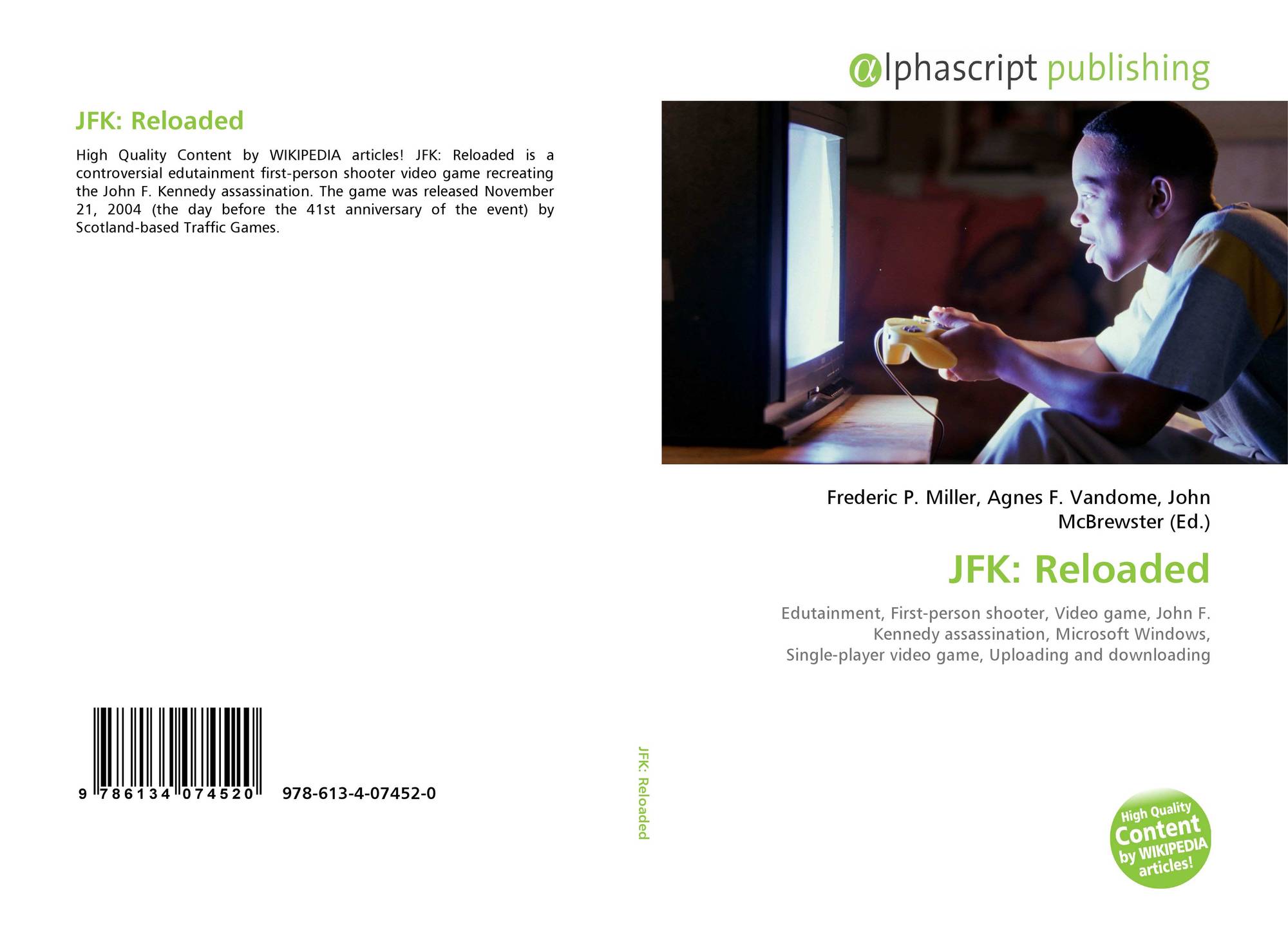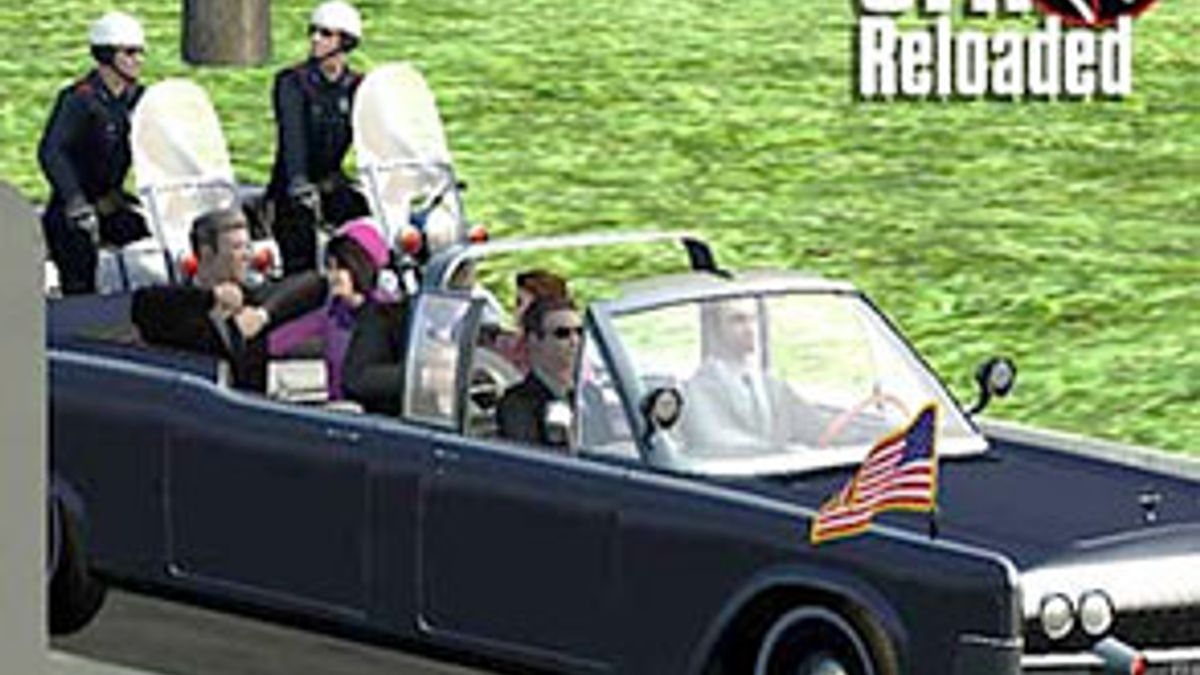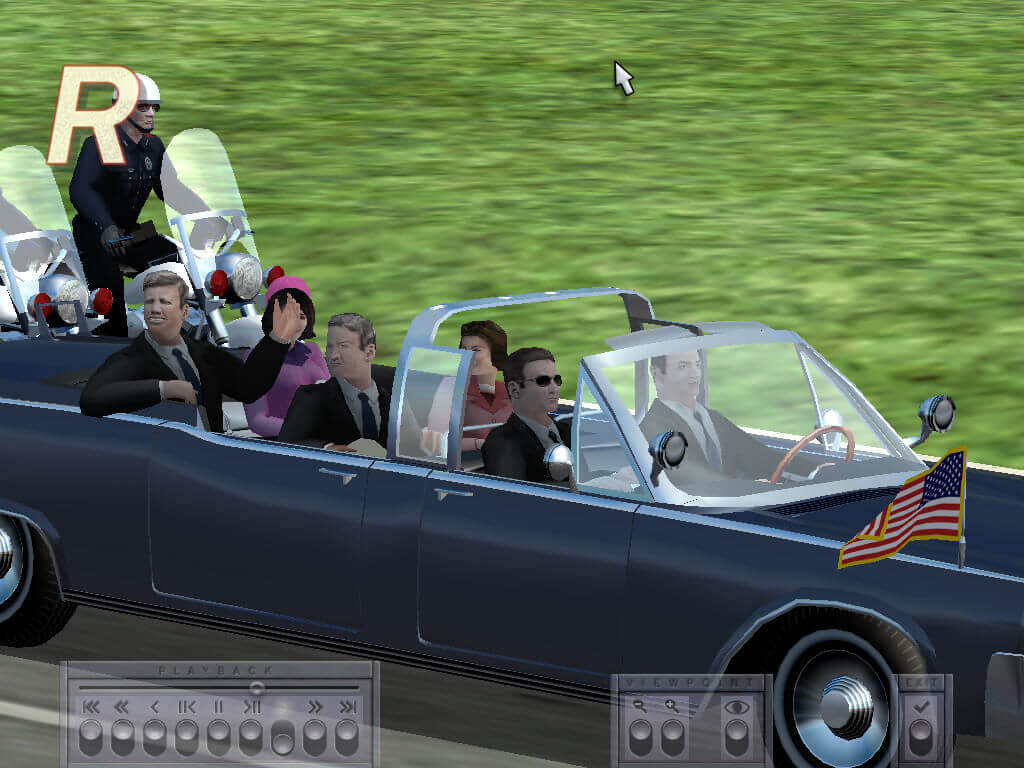

Andersen argues that the limitations to this diegetic violence are the main cause of uncertainty in the game narratives, and her aim is to focus on three of these limitations: high difficulty, a limited temporal scope and the mixture of interactive and non-interactive gameplay elements. Both of the games examined in the articles contain diegetic violence: the player has to inflict violence in order to complete his or her objectives. Diegetic violence means violence that moves a narrative forward. Prosthetic memories cause a person to to have a personal and deeply felt memory of a past event that the person did not experience. Prosthetic memories are visions of the past that have been created by repeating artificially created historical moments in the media. Some key terms in Andersen’s article are prosthetic memory and diegetic violence.

It should be noted that the article is only Andersen’s interpretation of the topic, and not objective facts. She does this by using her own examination of the game’s narratological and ludological content and the reactions of players taken from Youtube comments and online forum posts.

Andersen aims to examine what impact these depictions have had. Video games are no exception, and in her article” There Has To Be More To It”: Diegetic Violence and the uncertainty of President Kennedy’s Death Carrie Andersen considers the effects of two of these games : JFK: Reloaded (2004) and Call of Duty: Black Ops (2010). Kennedy has been depicted in multiple forms of media. JFKreloaded and Call of Duty depict one of the JFK assassination in a way that creates uncertainty


 0 kommentar(er)
0 kommentar(er)
